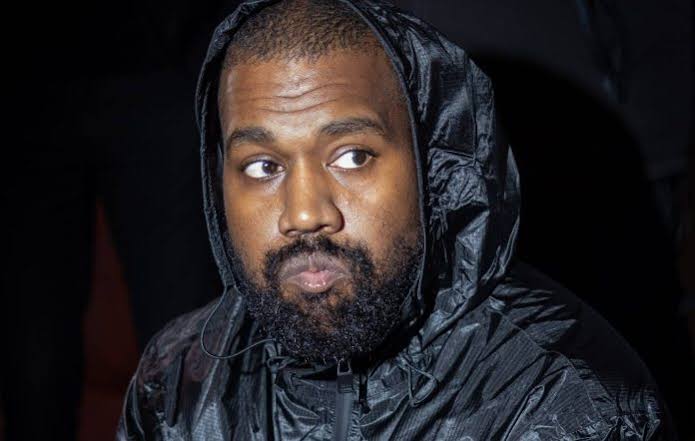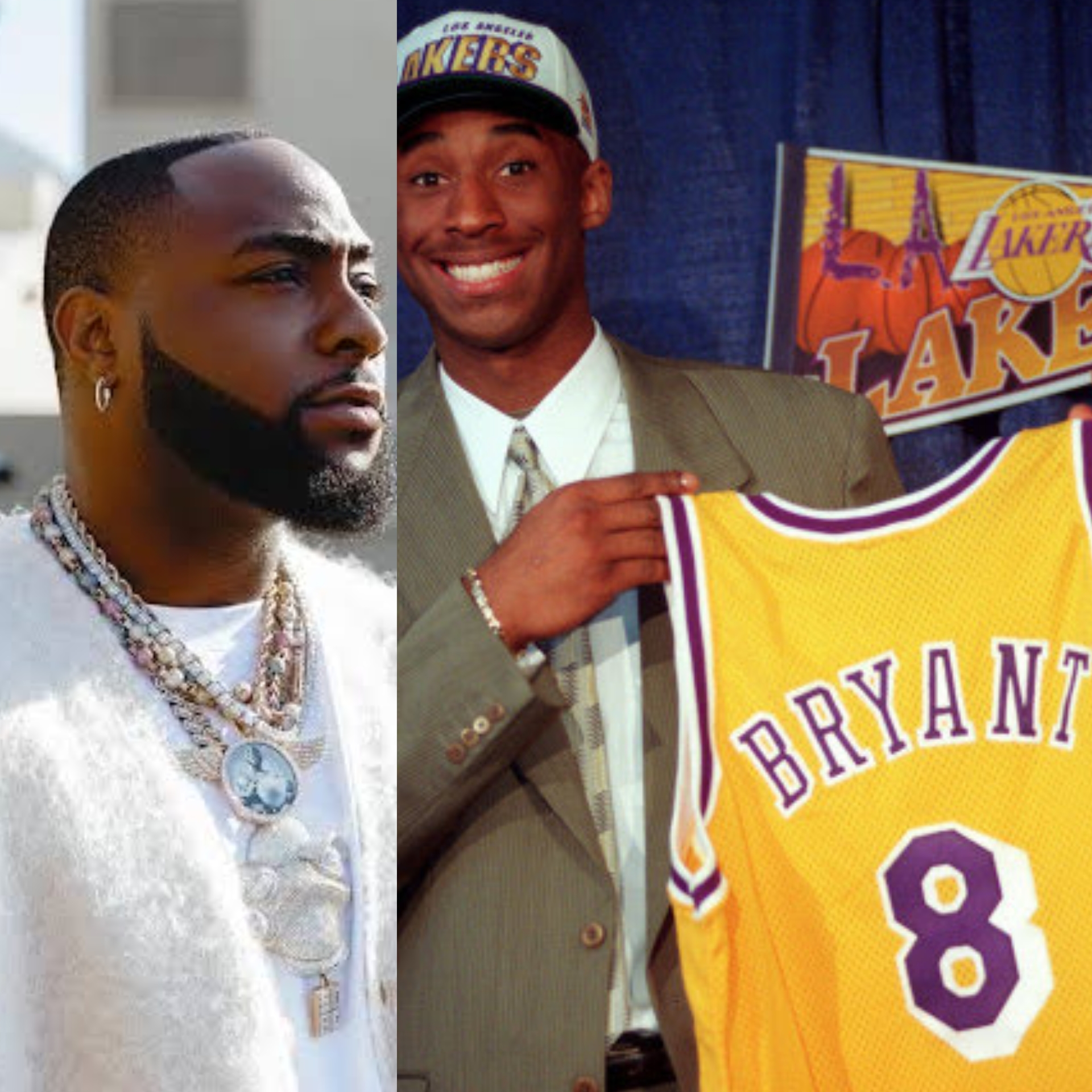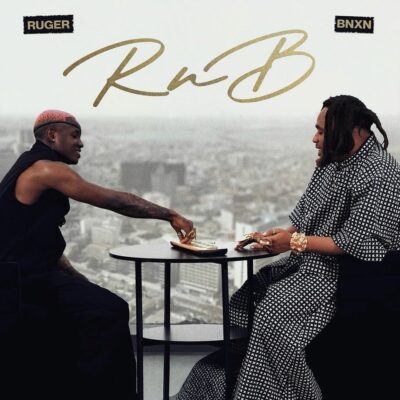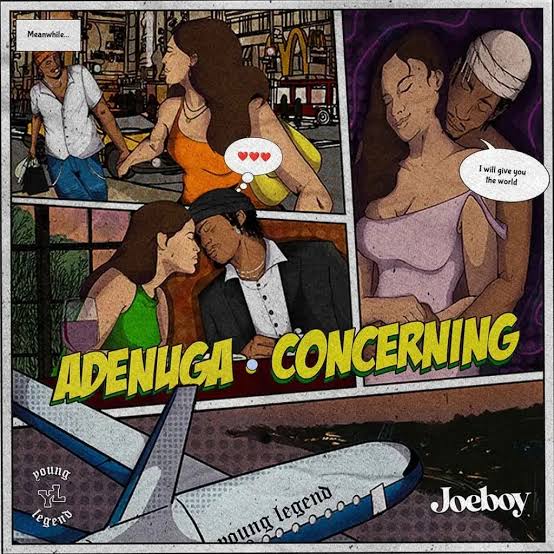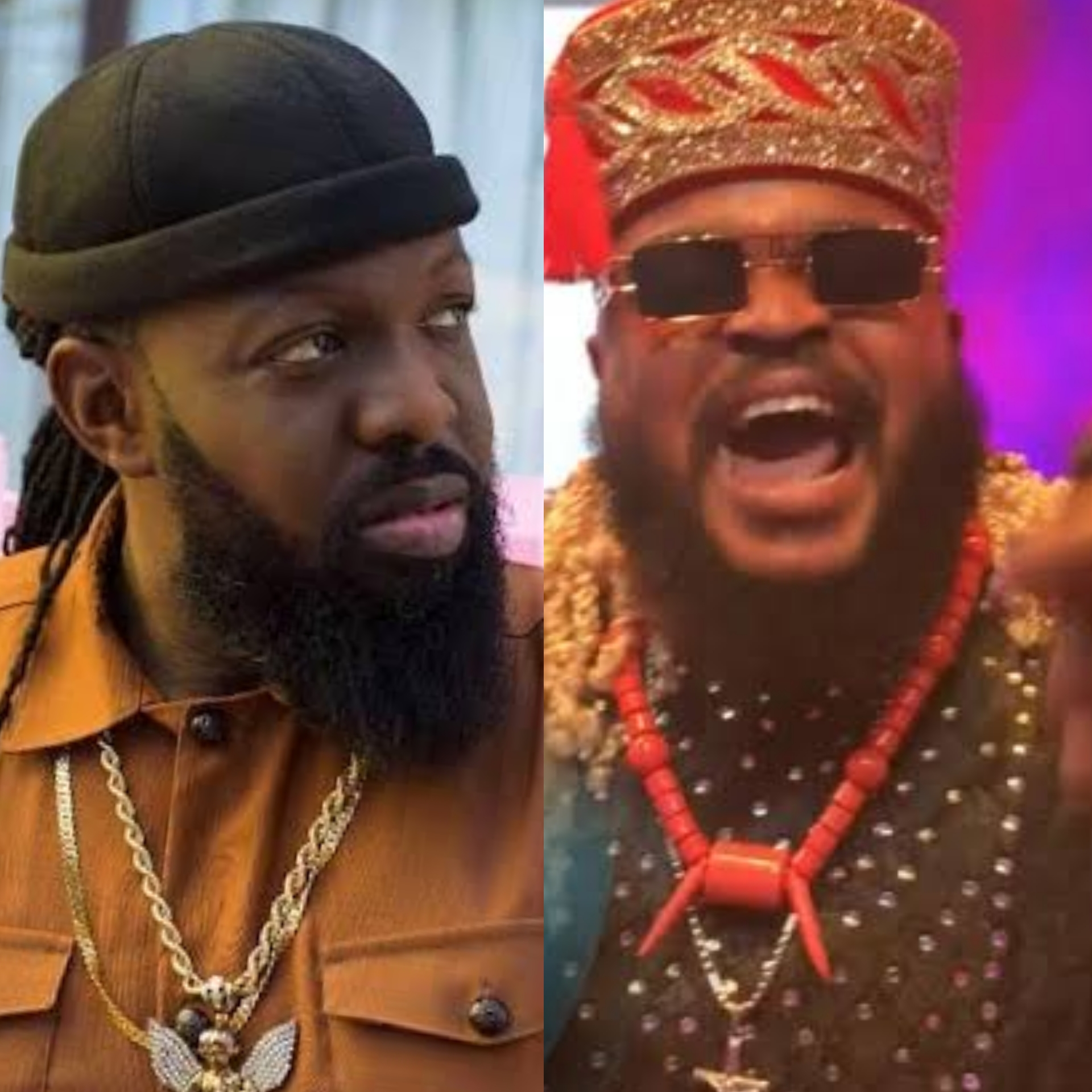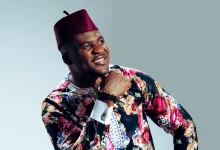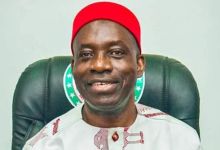Uhuru Kenyatta
Biography, Age, Family, Wife, Children, Siblings, Net Worth, House, Cars & Political Career

Uhuru Kenyatta Basic Information
| Stage Name: | Uhuru Kenyatta |
| Real Name: | Uhuru Muigai Kenyatta CGH |
| Occupation: | Politician |
| Date Of Birth/Age: | 26 October 1961 (62 Years Old) |
| Place of Birth: | Nairobi, Kenya |
| Gender: | Male |
| Nationality: | Kenyan |
| Marital Status: | Married |
| Education: |
|
| Height: | 6Ft 2In |
| Net Worth: | $500 million |
Uhuru Kenyatta Biography
Uhuru Kenyatta was born on 26 October 1961 to the first president of Kenya, Jomo Kenyatta, and his fourth wife, Mama Ngina Kenyatta (née Muhoho). After attending St. Mary’s school, Uhuru studied economics, political science, and government at Amherst College in the United States. Upon graduation, Uhuru returned to Kenya and started a company, Wilham Kenya Limited, where he sourced and exported agricultural produce.
Family
His lineage is from the Bantu ethnic community of the Kikuyu. In honor of Kenya’s predicted independence, he was given the moniker “Uhuru,” derived from the Swahili word for “freedom.”
Parents
The first president of Kenya, Mzee Jomo Kenyatta, and his fourth wife, Mama Ngina Kenyatta, are the parents of Kenyatta.
Siblings
He is the family’s second-born child and has two sisters, Christine, born in 1953; Anna Nyokabi, born in 1963; and a sibling, Muhoho Kenyatta, born in 1965.
Children
He has been married to Margaret Gakuo Kenyatta since 1991. Their family consists of a daughter named Ngina Kenyatta and two sons named Jomo and Muhoho.
Wife
From 1991 to the present, he has been wed to Margaret Gakuo Kenyatta. From 2013 to 2022, the Kenyan educator served as the First Lady of Kenya.
Lifestyle
Drought again took its toll in 2021. More than 465,000 children under the age of five were emaciated, according to the UN. In addition, more than 2.5 million people in the nation experienced food insecurity. Kenyatta Uhuru mentioned a “national disaster.” However, he was criticized for inadequate planning and slow humanitarian reaction.
Nairobi’s Mukuru Kwa Njenga slum was also demolished in October 2021 to widen a road, leaving 40,000 people homeless for the night and with no promise of alternative housing. He was mentioned to have traveled more than his predecessors in Kenyan politics in November 2020. Compared to his predecessor Mwai Kibaki, who left the country 33 times over ten years, Uhuru Kenyatta had left the country 43 times as of November 2015, according to one of the top national publications. The President’s strategic communications team defended the travels, saying they had generated more revenue than they had cost the taxpayers to fund.
His administration had to deal with the high cost of living, the increasing national debt, the high cost of government salaries, and claims of misconduct within his ranks. Another difficulty that threatened his administration and the future of the East African nation was the 2017 general election and its violence.
Kenyatta’s name appeared in the Pandora Papers, released in October 2021. According to the BBC, “The Kenyattas’ offshore investments, including a company with stocks and bonds worth $30 million (£22 million), were discovered among hundreds of thousands of pages of legal documents from the archives of 14 law firms and service providers in Panama, the British Virgin Islands (BVI), and other tax havens.”
Net Worth
He is estimated to be worth around $500 Million
Cars
There are many luxurious cars with ballistic glass at the discretion of President Uhuru Kenyatta to keep him safe. He also possesses an armored Mercedes Benz G Wagon, a Range Rover, a black Mercedes Benz Sedan, a Toyota Land Cruiser 200 series, also known as the Land Cruiser V8, an open-top Land Rover Defender, an army-green Landcruiser, and an S-600 Mercedes limousine.
House
Although Uhuru owns a few properties in and around Kenya and presumably in other countries, the State House is the President of Kenya’s official residence. He allegedly possesses a mansion close to the State House he purchased after leaving office. Additionally, he owns property in Masai Mara, London, and other places.
Political Career
He was chosen as the KANU leader in 2005. Though he decided to compete in Kenya’s subsequent presidential election in December 2007, he withdrew from the race a few months before the vote. Instead, he decided to support incumbent President Kibaki in his bid to defeat Raila Odinga. Many of Odinga’s followers disapproved of the election results when they showed Kibaki had barely defeated him in 2007, which sparked widespread ethnic violence for several weeks. Kenyatta was initially appointed as the Minister of Local Government by Kibaki in January 2008. Still, Uhuru was later named the Deputy Prime Minister and Minister of Trade after a coalition government was established. He was promoted from Minister of Trade to Minister of Finance the following year, in January 2009, where he remained until January 2012.
The International Criminal Court (ICC) named him as one of the suspects in 2010 for allegedly inciting the post-election unrest after the 2007 election results. He left his position as finance minister soon after his accusations were made public. Still, he kept his position as deputy prime minister, which he held until he was elected President of Kenya. He continued to pursue leadership despite the ICC accusations. He left KANU in April 2012, and he started a new group called The National Alliance the following month. (TNA). Later that year, he and TNA joined the “Jubilee Coalition,” a coalition of various political parties.

